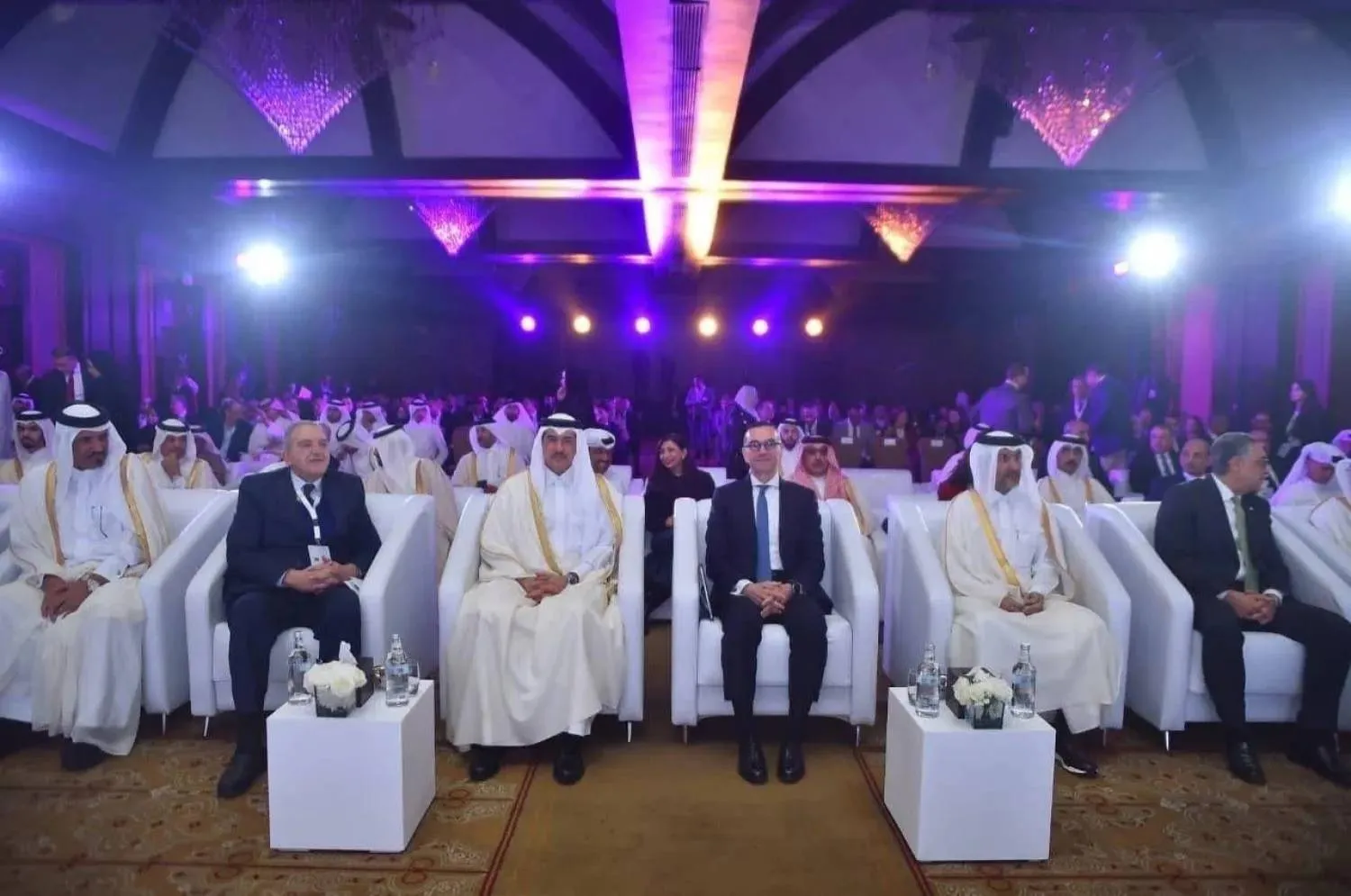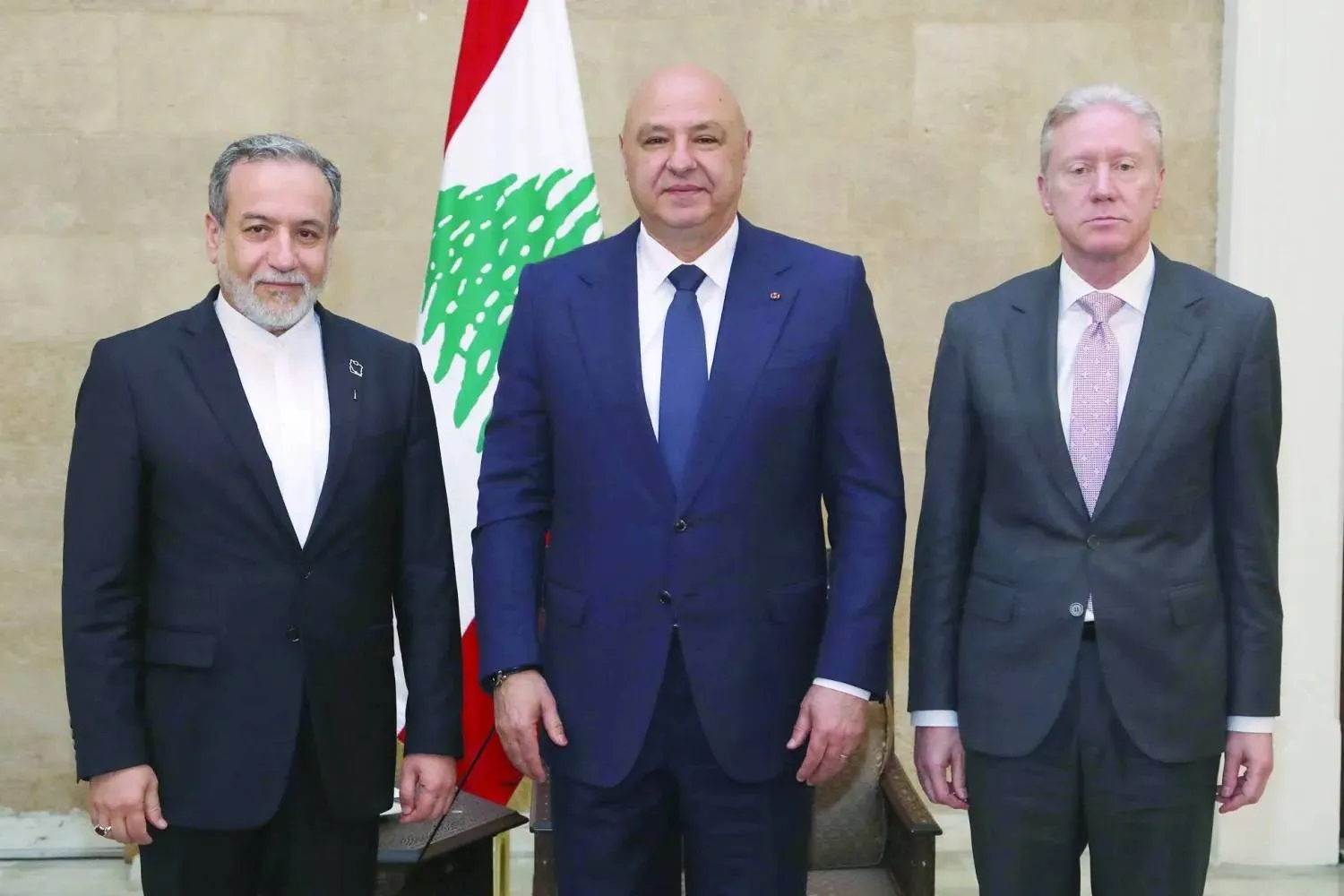The decision of the Presidential Leadership Council in Yemen to appoint Judge Sabah al-Alwani as the first woman in the Supreme Judicial Council, the highest judicial authority in the country, was highly praised by Yemeni female activists.
They saw the appointment as a fair representation for the females in the judiciary, which men have monopolized for decades.
Member of the National Commission to Investigate Alleged Violations to Human Rights (NCIAVHR), Ishraq al-Maqtari, said the appointment of the first woman since 1990 to this position in the judiciary is a win for all Arab women.
Maqtari, a friend of Alwani, noted that females are rarely represented in Supreme Judicial Councils in the Arab world.
She told Asharq Al-Awsat that despite the decline in female officials in various state institutions, especially in ministerial and diplomatic positions, the appointment of Alwani is a kind of rehabilitation and victory for women.
She regrets the "discriminatory" policies towards women, which made the appointment a surprise and was seen as "a great achievement."
Yemen signed the Convention on the Elimination of All Forms of Discrimination Against Women (CEDAW) and is committed to many reports, including the periodic report submitted a year ago before the Rights Council to empower women by at least 30 percent, said Maqtari.
However, she notes that the decision significantly impacted women working hard to reach top positions.
Regarding her working experience with Judge Alwani, Maqtari recalled that they had been working together since mid-2016, saying she is "an accomplished woman, capable of working in prosecution. She had a direct field role with citizens, perhaps in all of Aden directorates' prosecution offices."
Alwani is "a strong woman with much legal experience," said Maqtari, adding that the judge is "one of the women who will provide a strong and leading role."
Maqtari believes that Alwani will be an essential addition to the Council, and her appointment will benefit the citizens.
Yemeni feminist leader and member of the Consultation and Reconciliation Commission, Rasha Jarhum, believes that Alwani's appointment is an improvement in women's representation.
It is a transition from national commitments to practical steps in implementation.
Jarhum told Asharq Al-Awsat that the feminist movement presented proposals to improve female representation at all state levels, from the local to the central authority, and in all social, security, military and diplomatic sectors.
The proposal includes raising the women's quota in the government to 13 ministers, with the importance of observing gender equality. Any leadership position headed by a man should have a female deputy and vice versa.
Sabah Ahmed Saleh al-Alwani was elected head of the executive office of the Southern Judges Club in 2013. She worked as a judge in the Appeals Prosecution Office of Aden governorate.
In 2017, Alwani was appointed by a presidential decision as a member of the National Commission to Investigate Alleged Violations of Human Rights.
Between 2018 and 2019, she refuted widely circulated rumors about the torture of detainees in Bir Ahmed prison after she led a field investigation committee.
She concluded that they were prisoners of war and were not subjected to any torture.









